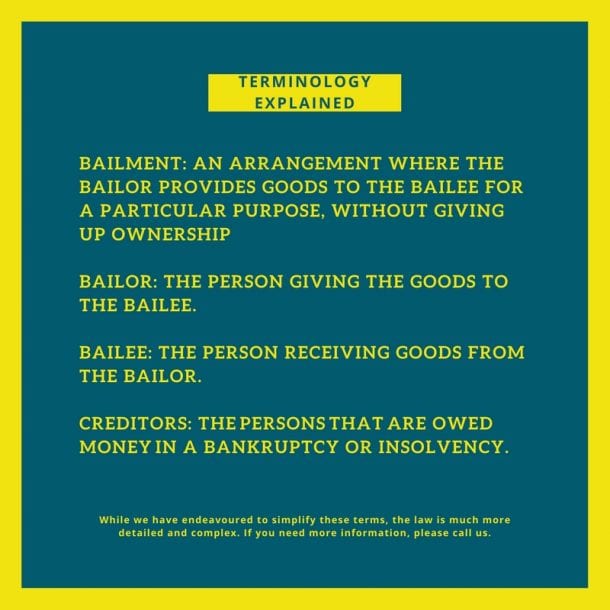
Electronic Signatures – How Do I Sign?
Electronic Signatures – How Do I Sign?

We are often asked by clients whether or not they are able to sign electronically and/or should accept electronic signatures. In reality, the answer depends on the situation. This article gives a brief overview of some circumstances in which electronic signatures are and are not a valid means of executing a legal document.
Do I need to sign a contract at all?
Although many contracts are drafted to require signatures by one or both parties, only certain contracts need to be signed in order to be legally enforceable. These include contracts for the sale of land and guarantees to pay another person’s debt. The law does recognise contracts made by verbal agreement only. It also recognises contracts that are not signed but where agreement is effective upon the undertaking of an action. For example, where a customer is provided with trading terms that specify that the contract will be effective upon placing an order. However, it is common for parties entering into a contract to want to ensure that the agreement is in writing and signed, in order to attempt to avoid any doubt or argument that the other party was not in fact bound by it.
When can a contract be signed electronically?
The Electronic Transactions Act 1999 (Cth) was introduced to recognise and facilitate electronic transactions, after which similar legislation was enacted across the states. The legislation outlines that a transaction is not invalid simply because it occurred electronically, and that giving information and providing a signature may be done via electronic means. There are, however, exceptions to this.
Signing electronically can take the form of a scanned image of a signature being inserted into a document, a digital signature created using public key infrastructure or simply a typed name. The Electronic Transactions Act 1999 (Cth) does not state that a particular electronic signature technology must be used, which provides flexibility for individuals and businesses to decide the appropriate signing technology.
In practice, many agreements are entered into by parties who sign by hand, and then scan and email the document to another party who does the same thing (called executing “in counterparts”). This is not an electronic transaction, nor have the documents been signed electronically.
Most agreements entered into in the ordinary course of business may be signed electronically, including but not limited to sales contracts, licence agreements and non-disclosure agreements.
Requirements when using Electronic Signatures
Signing electronically presents risks that may not arise in agreements signed by hand, for example, the risk of email and computer hacking. The law takes these risks into account by stating that in order to rely on an electronic signature, parties must:
- be able to identify the signatory and prove that the signatory understood and agreed to the document they were signing; and
- demonstrate that the method used to execute the signature was reliable; and
- ensure that the person who requires the signature has consented to it being provided electronically.
You should consider these factors when determining the type of electronic signature to use or accept. Digital signatures are generally considered the most secure method of signing.
Exceptions applying to Electronic Signatures
The Electronic Transactions Act 1999 (Cth) does not apply to the Corporations Act 2001 (Cth), meaning that a document signed electronically by a Company may still be deemed to be invalidly signed because it has been executed electronically.
However, a company is not precluded from signing a document electronically if the company’s constitution does not prevent this, and the signatories are authorised to do so.
Documents that cannot be signed using Electronic Signatures
Other documents are excluded from the operation of the Electronic Transactions Act 1999 (Cth), including but not limited to:
- wills
- powers of attorney
- documents that relate to dealings with land
- documents that relate to migration and citizenship
- affidavits and statutory declarations
If you’re not sure whether you should sign electronically or accept an electronic signature, please contact us for advice on (03) 9629 9629.
Copyright © 2021 Lewis Holdway Lawyers. Website Design By LGT Digital







